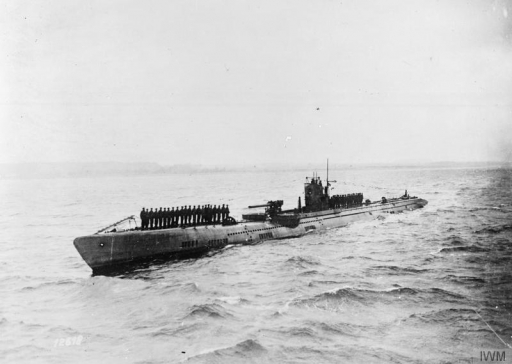Germany stepped up its submarine campaign, with a warning on February 4th 1915 that all merchant ships in the seas around the British Isles risked attack without warning.
The move was in retaliation for the Allied naval blockade imposed at the start of the First World War, and Britain’s declaration of the North Sea as a war zone in November 1914.
Both sides depended heavily on imports of food and raw materials. Neutral ships searched in UK ports risked confiscation of their cargoes, or seizure at sea.
Germany accused Britain of using hunger as a weapon. It resorted to the U-boat as a means of countering the squeeze, avoiding a full-scale confrontation with the Royal Navy, the world’s most powerful fleet at the time.
The sinking of the Cunard transatlantic liner, Lusitania, was among the consequences. It was torpedoed off the coast of Ireland on May 7th 1915, with the loss of around 1,200 lives. More than 100 of the dead were neutral American citizens, provoking a diplomatic row between Berlin and Washington.
Germany defended its actions, pointing to munitions carried in the Lusitania’s cargo, as well as newspaper advertisements placed in America to warn of the risks of sailing on a British-flagged ship.
The unrestricted U-boat campaign was suspended amid further controversy later in the summer of 1915, only to be revived in 1917. America joined the Allies that year, swayed by anger at the German submarine war.
Sources: Wikipedia/various
Images courtesy of the Imperial War Museum (© IWM Q 53033)
Posted by: Peter Alhadeff, Centenary News
